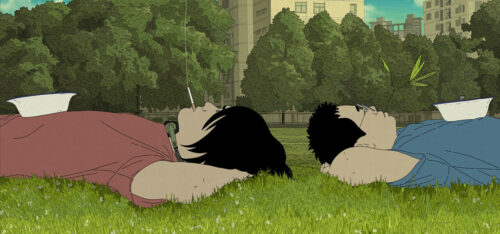5 Sinophone movies to check out at New York Asian Film Festival 2022
Beginning this Friday and running through July 31, NYAFF 2022 boasts one of its most promising lineups to date.
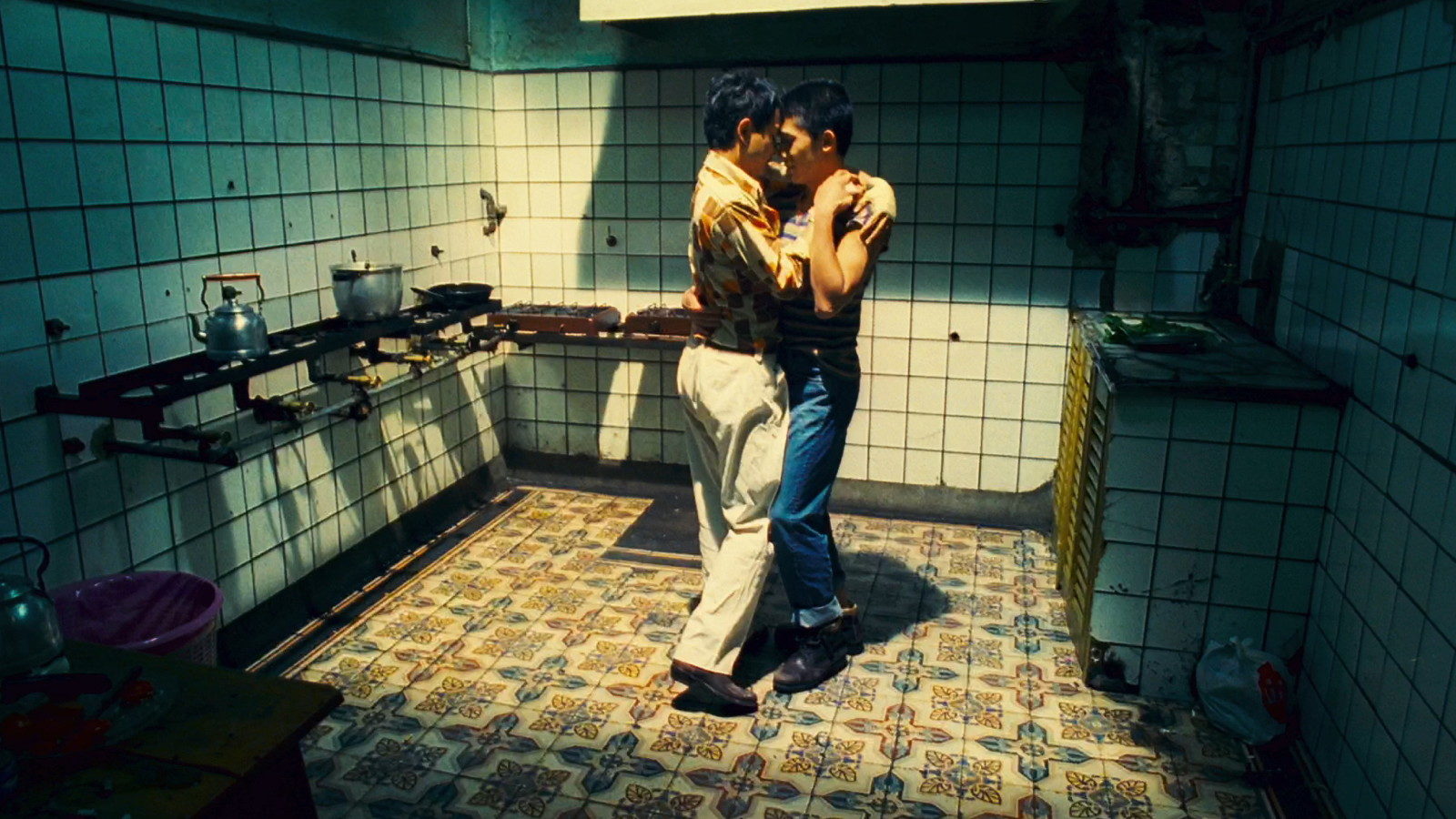
Easily one of the most exciting events for U.S.-based fans of new and classic Asian cinema, the annual New York Asian Film Festival (NYAFF) dates back to 2002, when it established a mission of building bridges between Asia and America through the exhibition of Asian film culture in all its forms. Anticipation is very high for this year’s 21st edition, as the festival is set to return fully in-person for the first time since the COVID-19 pandemic broke out.
Beginning this Friday and running through July 31, NYAFF 2022 boasts one of its most promising lineups to date. In the category of Sinophone (Mainland China, Hong Kong, Taiwan) movies, a slew of titles will make their international or North American premieres, while a selection of classics will be showcased in appreciation of their far-reaching legacy.
Check out the full lineup right here. Below, we’ve selected five Sinophone movies that we’re both looking forward to and that we highly recommend.
One and Four
一个和四个 (yīgè hé sìgè) (2021)
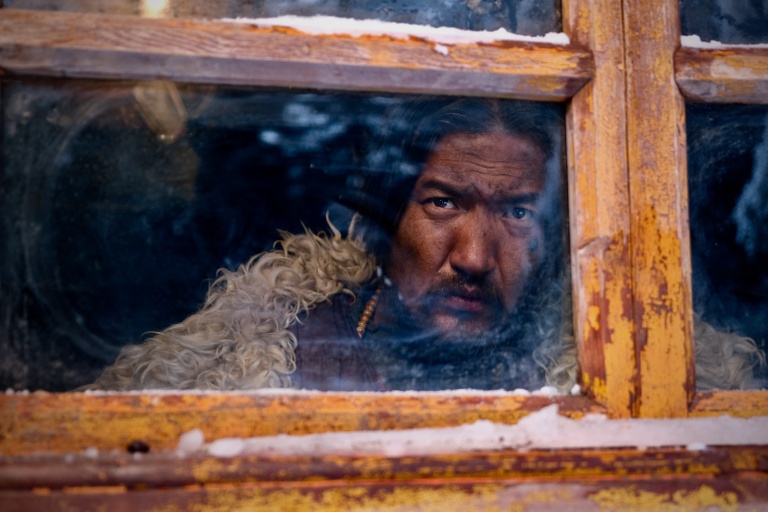
In the middle of an unforgiving snowstorm, a forest ranger with a severe hangover is visited by four strangers seeking shelter in his isolated cabin on the Tibetan Plateau. With one of them being a poacher on the run, mutual hostility and suspicion quickly builds and escalates between the four duplicitous characters, and the ranger takes on the role of an unlikely detective in a game of double-cross and mistaken identities.
Agatha Christie meets Quentin Tarantino’s The Hateful Eight (2015) in this respectable debut of Tibetan filmmaker Jigme Trinley (久美成列 Jiǔměi Chéngliè). His father Pema Tseden (万玛才旦 Wànmǎ Cáidàn), an award-winning director and the pioneering auteur of new Tibetan cinema, is the executive producer of this unique, visually stunning thriller.
Ripples of Life
永安镇故事集 (yǒng’ān zhèn gùshì jí) (2021)
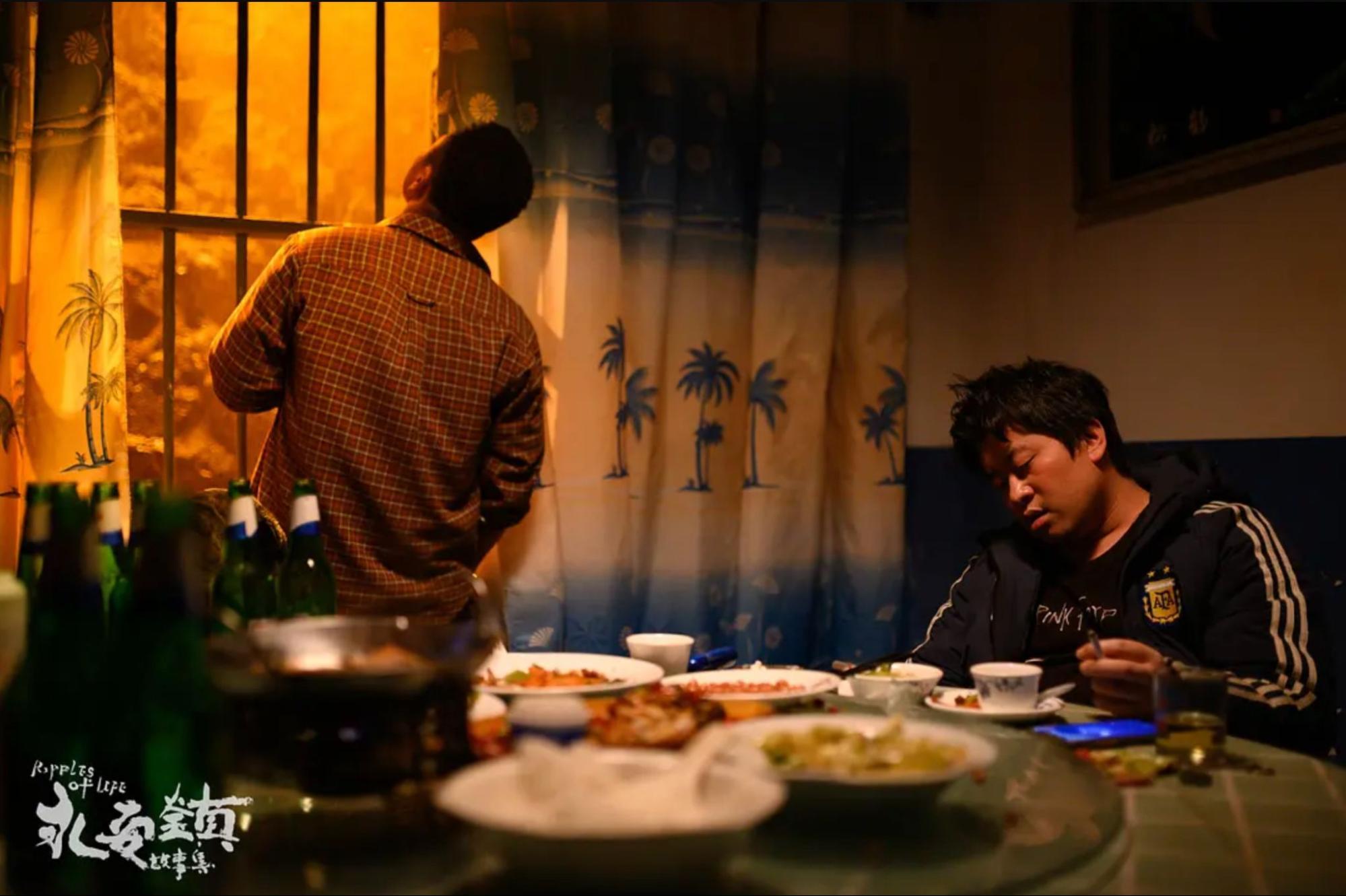
Hot off the heels of his freewheeling, semi-autobiographical debut feature, Striding Into the Wind, which was part of Cannes’ Official Selection in 2020, up-and-coming Chinese filmmaker Wèi Shūjūn 魏书钧 again places his latest film in the world of filmmaking.
Divided into three chapters, Wei’s sophomore feature, Ripples of Life, follows the adventures of a pre-production crew — from their initial arrival at a small town called Yong’an to the day before the shoot. The story revolves around the trajectory of four characters involved in the early stage of filmmaking: a local waitress, the lead actor returning to her hometown, and a director and screenwriter who both hail from Beijing.
It’s a funny, satirical film with comically chaotic moments and a sense of self-deprecating humor unique to Wei. But beyond jokes and jabs, Ripples of Life is a dexterous rumination on the pursuit of artistic authenticity and the role of cinema in an increasingly fragmented Chinese society.
Dream Home
维多利亚一号 (wéiduōlìyǎ yī hào) (2010)
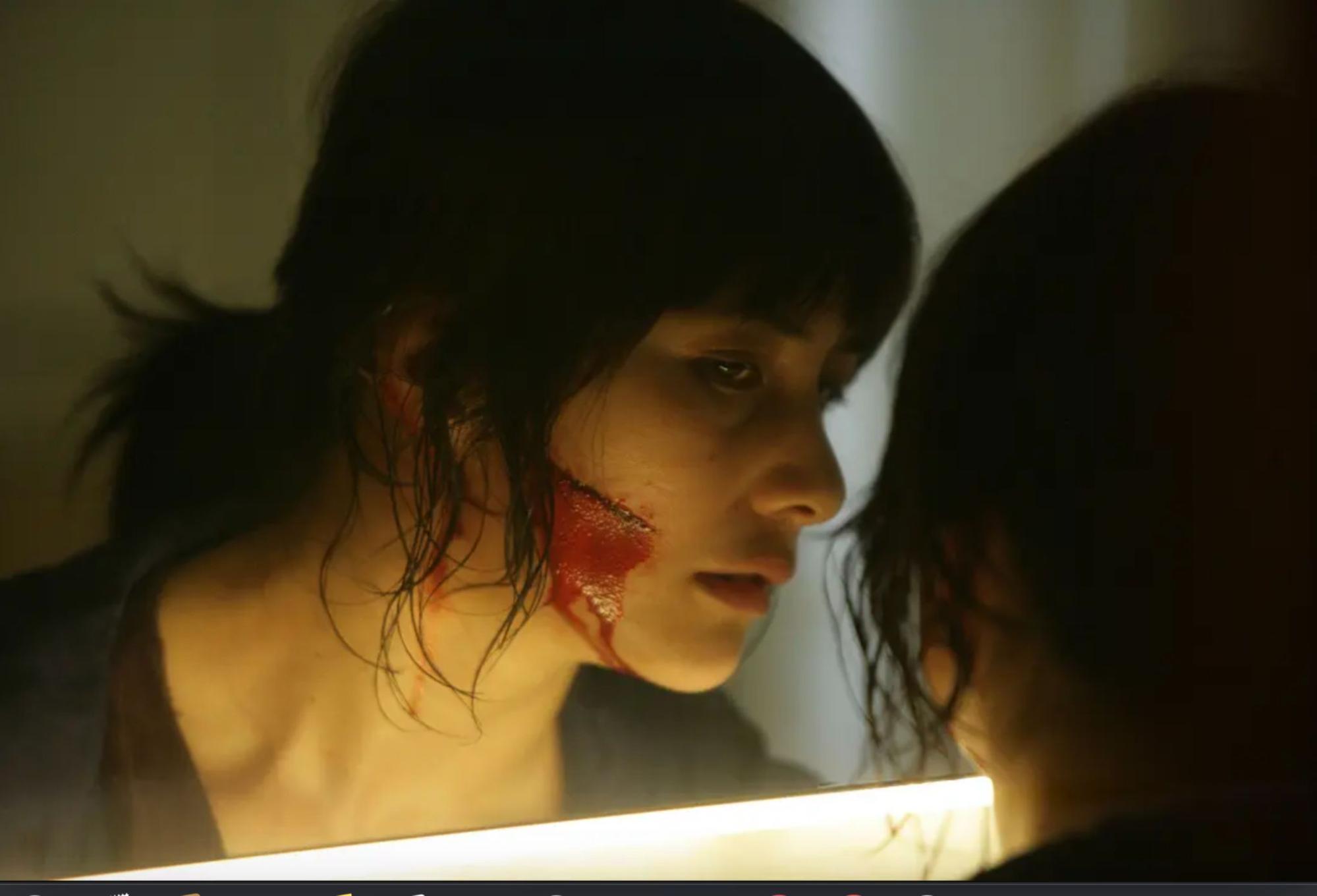
In Hong Kong, where real estate prices are among the most exorbitant in the world, how far would one go to land a property deal? In Pang Ho-Cheung’s (彭浩翔 Péng Hàoxiáng) iconic slasher flick Dream Home, originally released in 2020, the competition to buy an affordable apartment in Asia’s financial hub can be cutthroat. Like, literally.
Part poignant social commentary, part gore-soaked satire, Dream Home features singer-actor Josie Ho (何超仪 Hé Chāoyí), who plays the main character Cheng Lai-Sheung (邓丽嫦 Dèng Lìcháng), a tenacious young woman who will stop at nothing to buy a beautiful home with a view.
If you are looking for a summer scare, Dream Home is for you. And in celebration of Josie Ho’s contributions to film industries in Asia and Hollywood, NYAFF will host a talk with the award-winning actress on July 18, where Ho will discuss the classic slasher flick and her new inspiring musical documentary, Finding Bliss: Fire and Ice — The Director’s Cut.
Terrorizers
青春弑恋 (qīngchūn shì liàn) (2021)
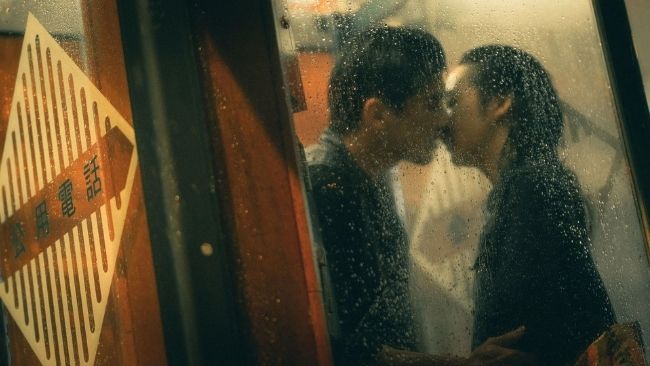
After winning the top prize in the 2018 Toronto International Film Festival’s juried section with his Cities of Last Things, Malaysia-born, Taiwan-based filmmaker Wi Ding Ho (何蔚庭 Hé Wèitíng ) tackles the subject of violence and revenge again in his new film Terrorizers.
Paying homage to Edward Yang’s similarly-titled 1986 drama film The Terrorizers, Ho’s latest effort is a portrait of disillusioned youths in contemporary Taiwan. Written in a complex, multiple-narrative style that defies genre definitions and classic film structure, Terrorizers weaves together several stories about a group of 20-somethings in Taipei, whose paths cross after a disturbed young man commits a slashing attack in public.
Just like Edward Yang’s 1986 masterpiece, Terrorizers also, in its broad sweep, offers a chilling meditation on the themes of alienation and urban malaise in Taiwan. However, the singularity of Ho’s film lies in its fresh Gen Z spin with elements like virtual reality, cyberbullying, and social media.
Happy Together
春光乍洩 (chūnguāng zhà xiè) (1997)
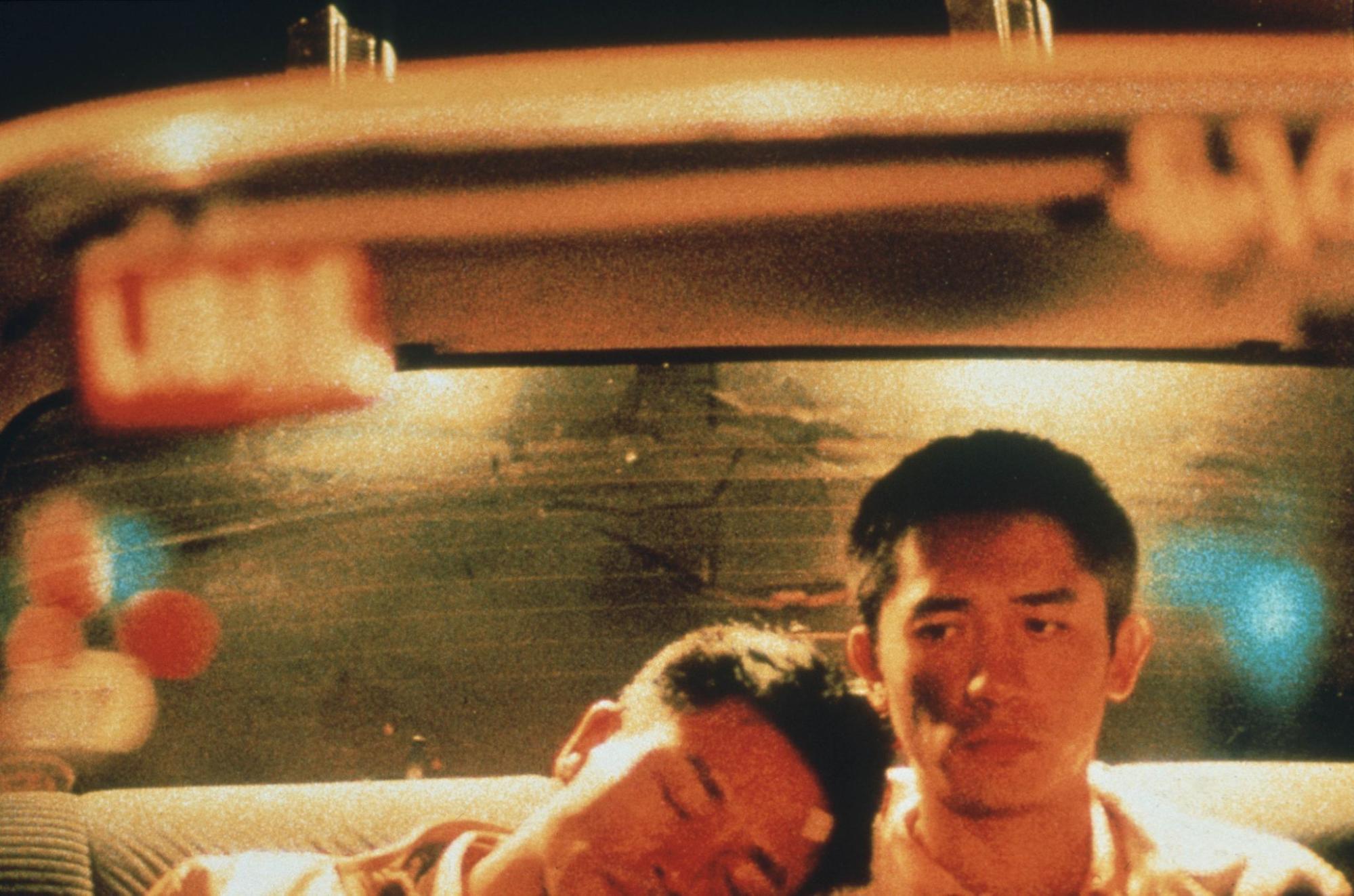
For anyone who has dipped a toe into Hong Kong cinema or the impressive body of work by visionary director Wong Kar-wai (王家卫 Wáng Jiāwèi), Happy Together needs no introduction. An emotionally raw, lushly stylized portrayal of a struggling gay romance, Happy Together casts Hong Kong superstars Tony Leung Chiu-wai (梁朝偉 Liáng Cháowěi) and Leslie Cheung Kwok-wing (张国荣 Zāng Guóróng) as a couple traveling through Argentina in the hope of rekindling their relationship.
As one of the most searing romances of the 1990s, Happy Together is undoubtedly one of Wong’s best films — it won him the Best Director award at Cannes in 1997. Thanks to NYAFF, you can catch a free outdoor screening of it at Lincoln Center’s Hearst Plaza on July 16.






